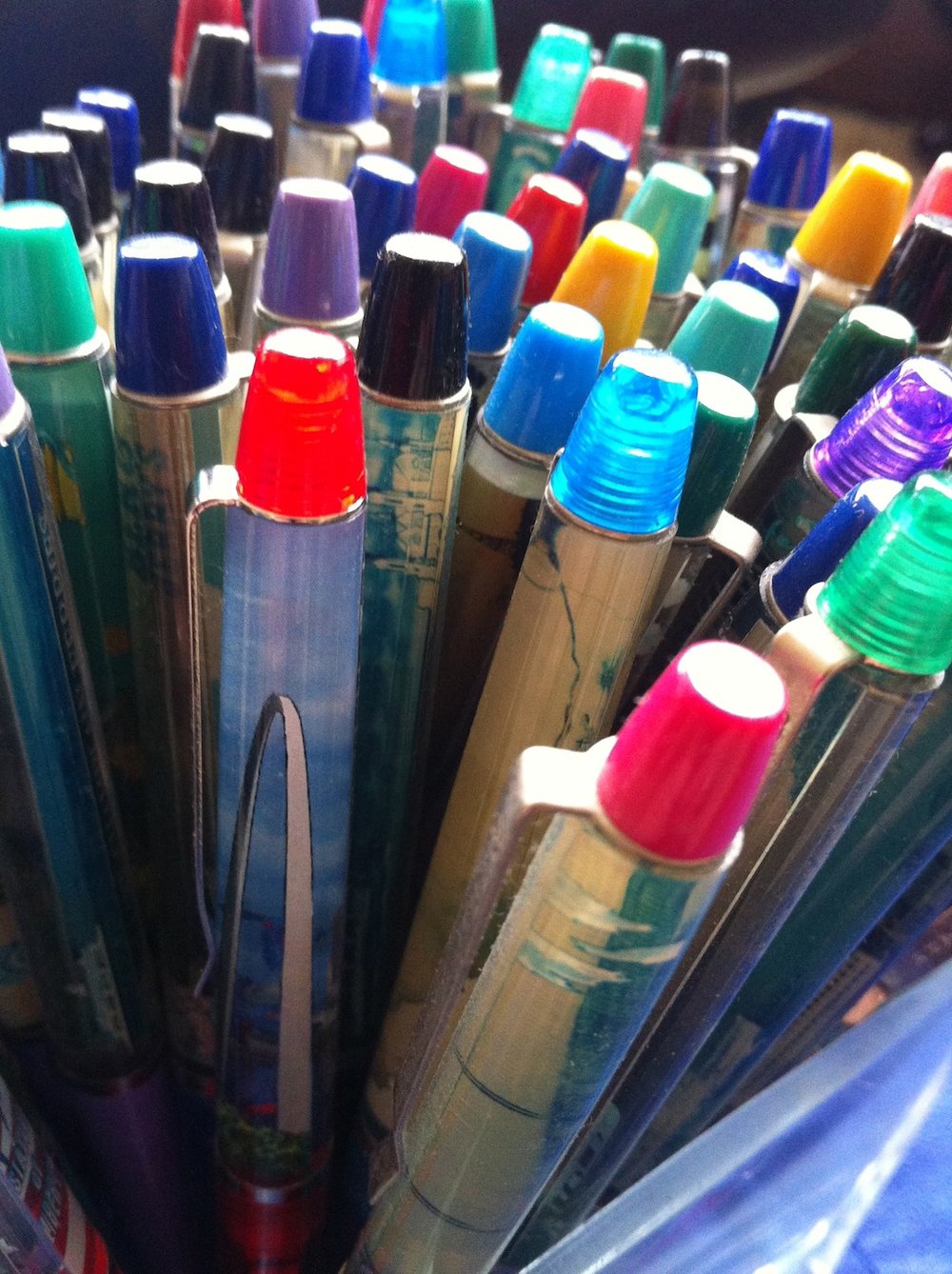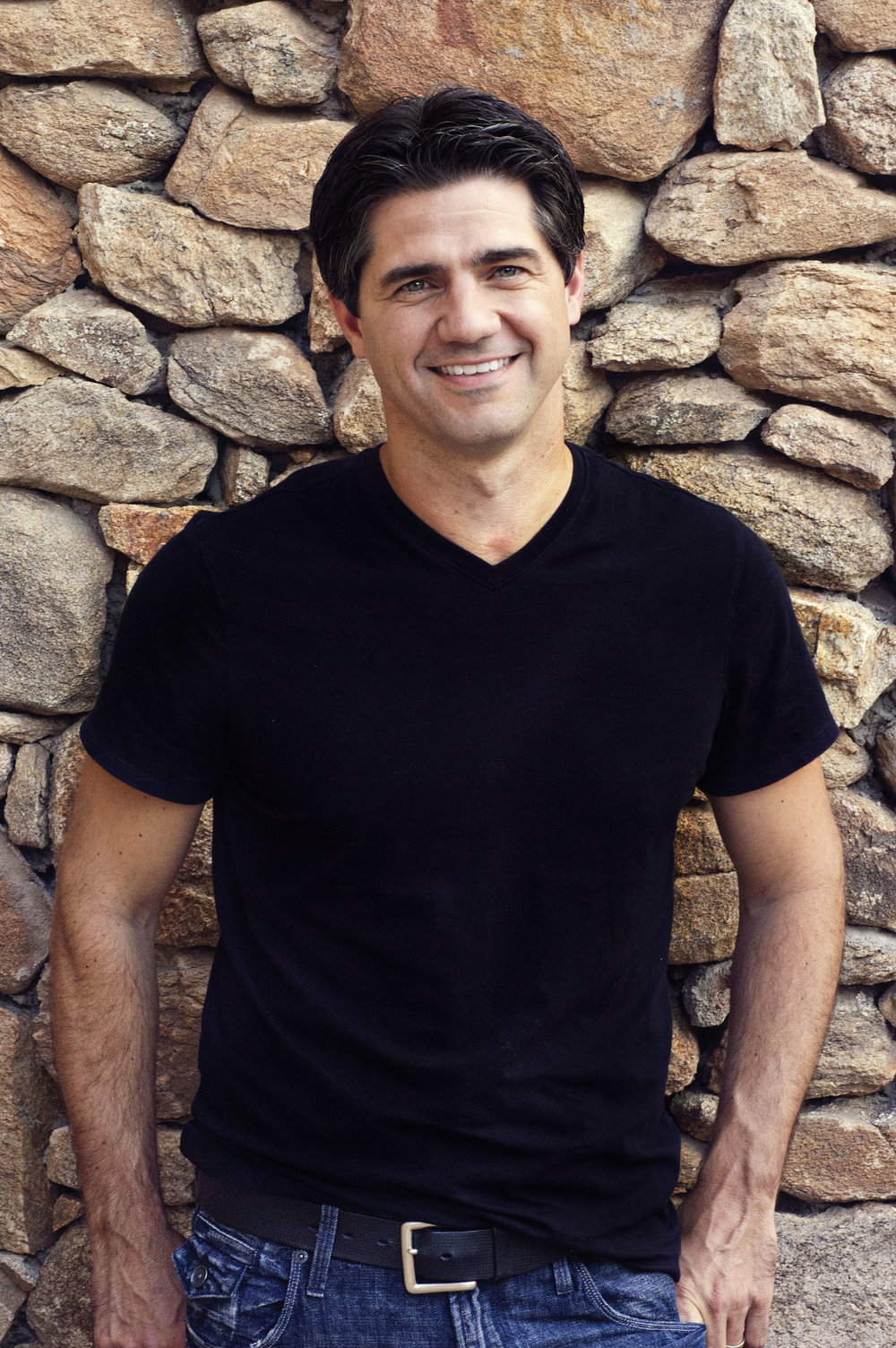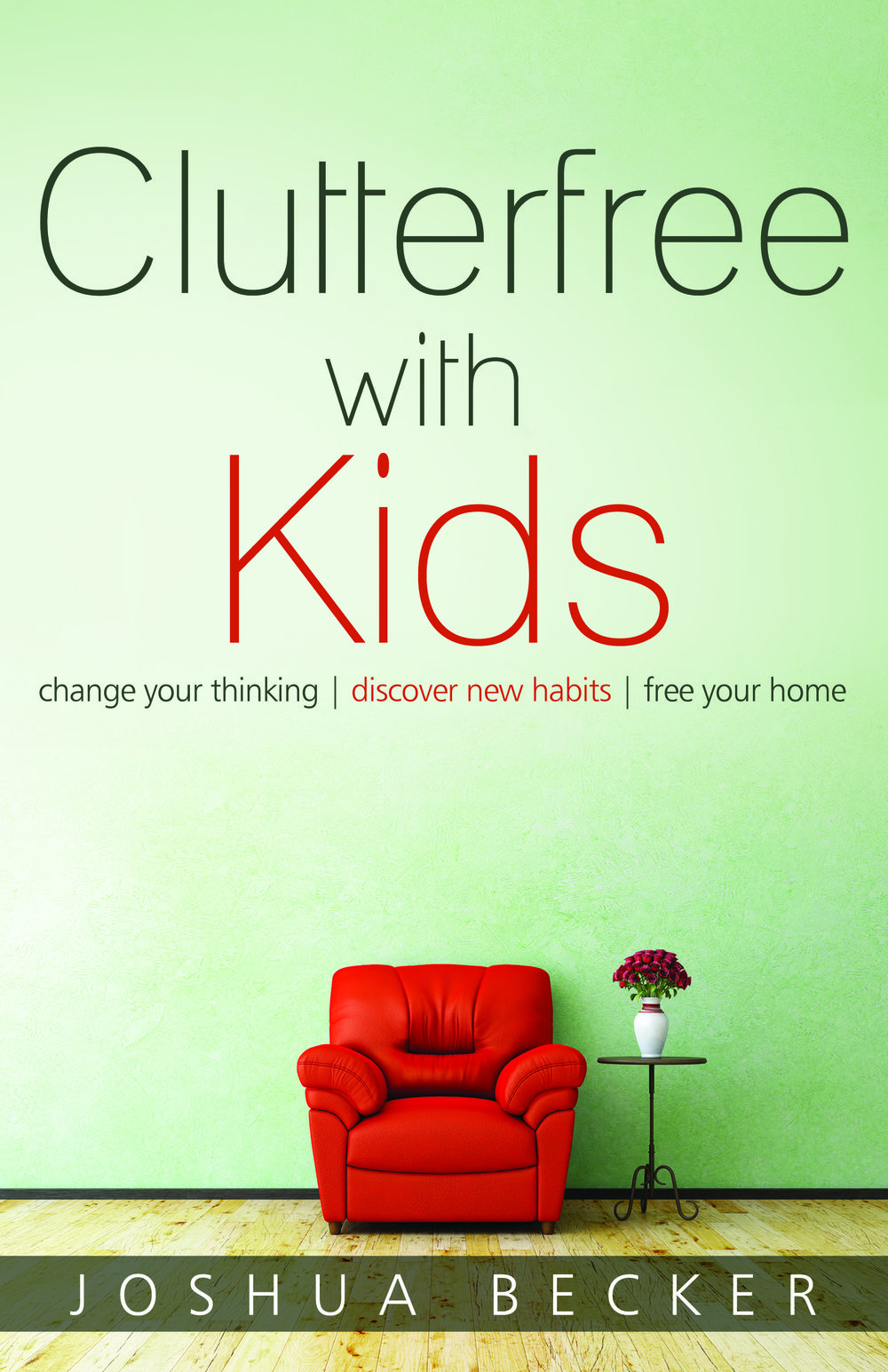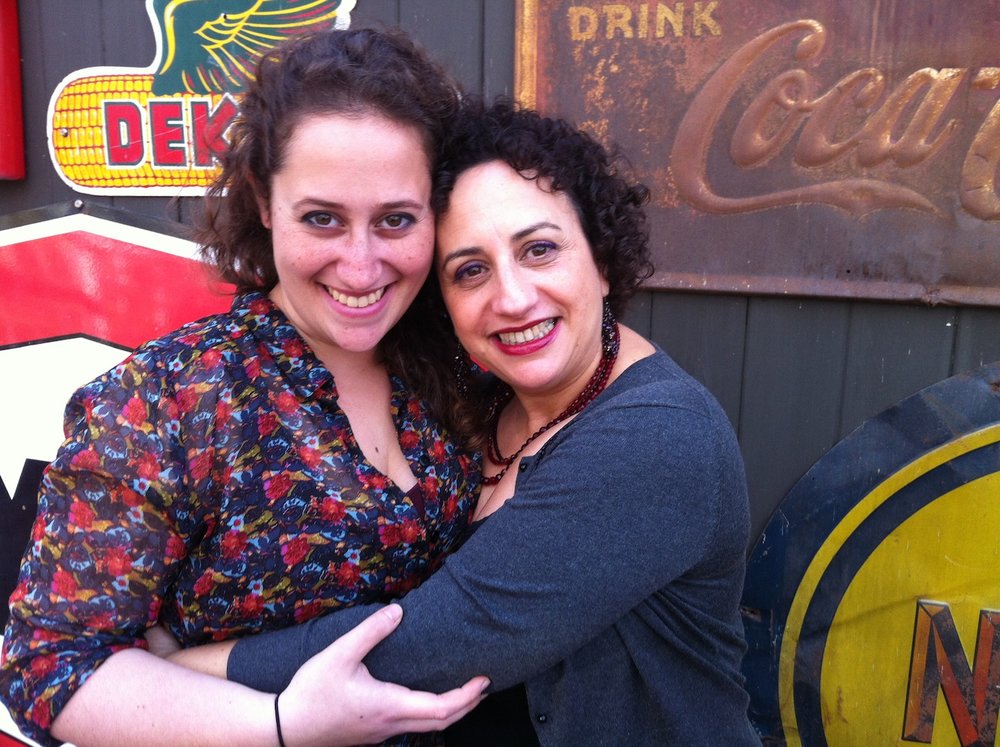The world took one significant pause these past months with quarantines and stay-in-place orders. Each day we lived with a continually changing landscape, uncertainty, and stress. Some of us became ill, lost loved ones, or jobs. Some of us retreated and hoped that things would return to normal soon. Some of us did our best to keep it together because others relied on us to teach, lead, or comfort. We lost track of time and found it hard to remember which day it was.
There have been inspired ways we’ve chosen to use our time, even with the hardships we’ve faced and difficulties we are still navigating. Because all of a sudden, we had time to spend in ways that we never expected. While there were the binge-watching-chocolate eating-no-showering days, we also crawled out from the covers to experiment. We created music, baked bread, knitted, made masks, gardened, wrote, invented, and delivered groceries to those in need. We Zoomed with loved ones near and far. We slowed down. From this pause and interruption, some of us found time to reflect and create. Some positive and unexpected outcomes emerged.
In recent posts, I’ve written about some of my calming and creative outlets like mindfulness meditation, yoga, walking, baking, writing, and photographing. Something else surfaced for me during this time. Many of my friends are gardeners. I’ve always admired their ability to plant, nurture, and make things grow. I have vivid and happy memories of the few times in my life when I picked fresh fruit and vegetables. Yet in all these years, I convinced myself that I couldn’t grow stuff qualified by a host of good excuses. So, aside from one failed attempt at planting tomatoes over three decades ago, I never tried. How sad is that?
“This time of the pandemic has been fascinating because experimentation feels less scary.”
This time of the pandemic has been fascinating because experimentation feels less scary. There is a feeling of “Why not?” or “Things are already so strange. What do I have to lose?” I noticed that my thoughts about gardening kept surfacing. My internal musings became impossible to ignore. So I began discussing with friends that I was thinking about making an edible garden. They were so encouraging and had many great ideas.
Now here’s where things got tricky. While I was thinking about all of the delicious vegetables I could plant, I started feeling overwhelmed. I wasn’t sure if it would work, if it would be too hard, or if I’d enjoy the work. I thought about the advice I share with overwhelmed clients when their organizing goals feel too big. Start small and build from there.
“I thought about the advice I share with overwhelmed clients when their organizing goals feel too big. Start small and build from there.”
I took my own advice and decided to begin with a few herbs (and one tomato plant) to grow in our greenhouse. How hard could that be? It turns out that it wasn’t difficult at all. Not only that, but I loved digging in the dirt, arranging the plants, smelling their fresh scents, and watering them. I’m excited about my tiny, doable, not overwhelming garden. It might be a stretch to call it a garden, but I’m going to anyway.
I recognize that to some, especially the seasoned gardeners might think my story sounds ridiculous. Perhaps you’re thinking, “What’s the big deal? She just planted some herbs in a pot.” I get it. But to me, it represents getting over myself and being open to something that, for years, I convinced myself I couldn't do. I figured out how to create a garden on my terms. Perhaps it will stay small. Maybe the plants will die. However, this also might be the start of a new passion. Time will tell.
With so much destruction and strife in the world right now, it feels good to focus on growing and creating. Has the pandemic inspired you to use your time differently? Have you been experimenting more? I’d love to hear your thoughts. I invite you to join the conversation.










